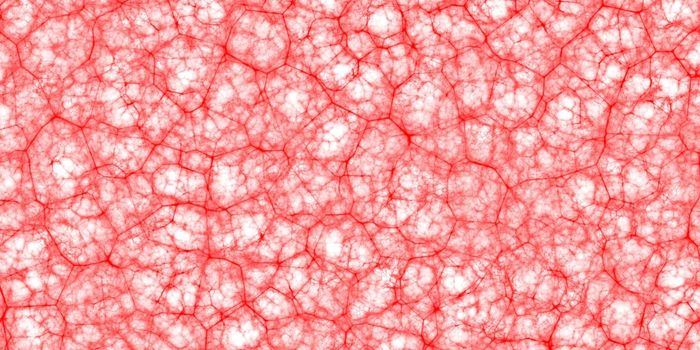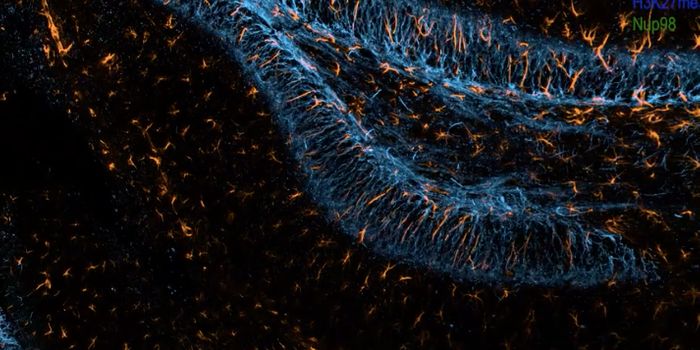Alcohol Use Disorder Could Be Treated with Heart Medication
In a recent study published in Molecular Psychiatry, an international team of researchers led by Johns Hopkins University examine how a drug traditionally used to treat high blood pressure and heart problems, spironolactone, could be used to treat alcohol use disorder, as well. The study brings together evidence from several experiments, to include with mice, rats, and humans, and was collaborated with scientists from the United Kingdom.
"Combining findings across three species and different types of research studies, and then seeing similarities in those data, gives us confidence that we are onto something potentially important scientifically and clinically,” said Dr. Lorenzo Leggio, M.D., Ph.D., chief of the Clinical Psychoneuroendocrinology and Neuropsychopharmacology Section, a joint laboratory of the National Institute on Drug Abuse (NIDA) and the National Institute on Alcohol Abuse and Alcoholism (NIAAA), and a co-author on the study. “These findings support further study of spironolactone as a potential treatment for alcohol use disorder, a medical condition that affects millions of people in the U.S."
For the study, researchers at NIAAA and NIDA discovered that administering increasing doses to mice and rats resulted in reduced alcohol consumption in male and female animals, and without causing side effects such as movement or coordination problems and did not affect their intake of food or water. Subsequently, a parallel study was conducted by the Yale School of Medicine where the researchers examined health records from a large sample of individuals from the U.S. Veterans Affairs healthcare system. They discovered a notable correlation between spironolactone treatment and a decrease in self-reported alcohol consumption.
"These are very encouraging findings," said NIAAA Director George F. Koob, Ph.D., and a co-author on the study. "Taken together, the present study argues for conducting randomized, controlled studies of spironolactone in people with alcohol use disorder to further assess its safety and potential efficacy in this population, as well as additional work to understand how spironolactone may reduce alcohol drinking."
Sources: Molecular Psychiatry
As always, keep doing science & keep looking up!


![[Guide] 7 Strategies to Boost Laboratory Collaboration](https://d3bkbkx82g74b8.cloudfront.net/eyJidWNrZXQiOiJsYWJyb290cy1pbWFnZXMiLCJrZXkiOiJjb250ZW50X2FydGljbGVfcHJvZmlsZV9pbWFnZV83YzBjZWIwM2Y5YzI4MmFlYzBhZDZhMTcyNTQ1ZGU3YmE4Y2MzMDYyXzUxNDkuanBnIiwiZWRpdHMiOnsidG9Gb3JtYXQiOiJqcGciLCJyZXNpemUiOnsid2lkdGgiOjcwMCwiaGVpZ2h0IjozNTAsImZpdCI6ImNvdmVyIiwicG9zaXRpb24iOiJjZW50ZXIiLCJiYWNrZ3JvdW5kIjoiI2ZmZiJ9LCJmbGF0dGVuIjp7ImJhY2tncm91bmQiOiIjZmZmIn19fQ==)






